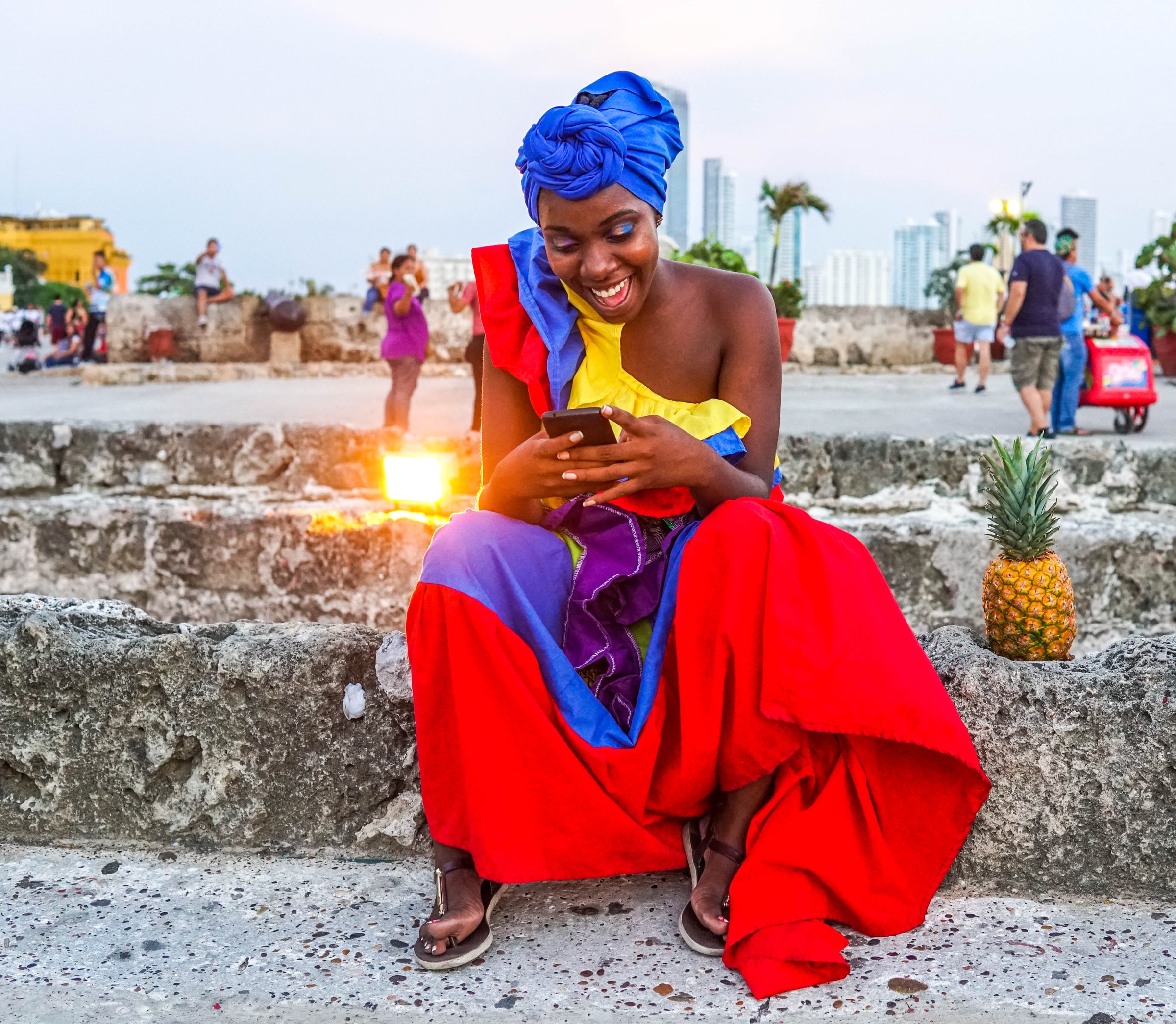In Colombia, Gustavo Petro won the presidential election. The ex-guerrilla fighter is the country’s first left-wing president. He thus continues the left’s winning streak in Latin America. Petro wants to change Colombia profoundly. The country is to move away from fossil fuels and become a model nation in the fight against climate change. Property taxes are to be raised significantly and the social system expanded.
In the elections in Colombia, the left-wing electoral alliance “Pacto Histórico” achieved a sensation: Gustavo Petro is the first left-wing president in the Latin American country. The ex-guerrilla Petro won the election with 50.47 percent of the vote against the right-wing millionaire Rodolfo Hernández with 47.27 percent. That this would succeed was anything but clear after the first round of the presidential election. Petro came in first with 40 percent in the first round, but Hernandez and the candidate of the ruling right Federico Gutiérrez came in together with 52 percent. The right-wing and conservative camp united behind Hernandez before the second round. The victory of the Pacto Histórico was achieved through an unprecedented mobilization campaign: voter turnout increased and Petro received 11.2 million votes (2.7 million more than in the first round). Never before has a presidential candidate been able to unite so many voters behind him.
Colombia to become one of the leading nations in the fight against climate change
People celebrated on the streets of Bogotá in pouring rain until late into the night. The Movistar Arena, where Petro celebrated his election victory, was bursting at the seams. Expectations for the new president are high; a change of era is in the air.
“Today marks the beginning of Colombia’s transformation,” Petro shouted to his supporters, calling for the transformation of the economy.
The exploitation of raw materials such as oil, gas, and coal for export is to be ended and Colombia is to be made one of the leading nations in the fight against climate change. Petro and his vice president, Francia Márquez, want social, political and economic change. They call for reform of the housing market, higher corporate taxes, expansion of the social welfare system, and land reform that would benefit small farmers and indigenous and Afro-Colombian communities in particular. Women, indigenous people, the LGBTQ community, Afro-Colombians and other marginalized groups are to be empowered. Radical demands for Colombia, which is considered one of the most conservative countries in Latin America.
Emocionante esto 🇨🇴🇨🇴🇨🇴 pic.twitter.com/PmpA8I6Td9
— Ariel Ávila (@ArielAnaliza) June 20, 2022
Left wave in Latin America
Petro’s victory joins a series of left-wing electoral successes in Latin America. In Argentina’s October 2019 presidential election, moderate leftist candidate Alberto Fernandez ousted economic liberal incumbent Mauricio Macri. In October 2020, the “Movement toward Socialism” returned to power in Bolivia in the first presidential election since the overthrow of Evo Morales; last year, leftist teachers’ unionist Pedro Castillo won Peru’s presidential election; and Gabriel Boric, a former leader of student protests in Chile, has ruled since March. The upcoming elections in Brazil could also bring the end of the far-right Bolsonaro and the return of the leftist former president Lula.

“A government of people with calluses on their hands”
After this election, Colombia will not only have its first leftist president, but also its first Afro-Colombian vice president, Francia Márquez. The human rights activist and lawyer shouted to the crowd:
“After 214 years, we have achieved a government of the people. A government of the people with calluses on their hands, the common people, the nobodies. Brothers and sisters, we will reconcile this nation, make peace, without fear, with love and joy. On to dignity and social justice!” the newly elected Vice President Fracia Márquez shouted to her supporters.
Márquez also thanked “all the Colombians who gave their lives for this moment.” She was alluding to the many murders of trade unionists, activists, and even presidential candidates.
3,000 murders of trade unionists
Violence is pervasive in Colombian politics. Since 2016, 400 human rights activists have been killed. There have been convictions in only 59 cases. Since the 1970s, more than 3,000 trade unionists have been murdered – the role of large corporations like Nestlé in these contract killings continues to generate debate. The violence escalated, particularly in 1985, when the leftist FARC guerrillas laid down their arms to form a party. In just five years, 3,000 members of the new party and two presidential candidates were killed by right-wing paramilitaries.
The new president is also a former guerrilla. An economist by training, he gave up his weapons in 1990 and then made a career in politics. First as a deputy, later as mayor of Bogotá and now as president of the country.
